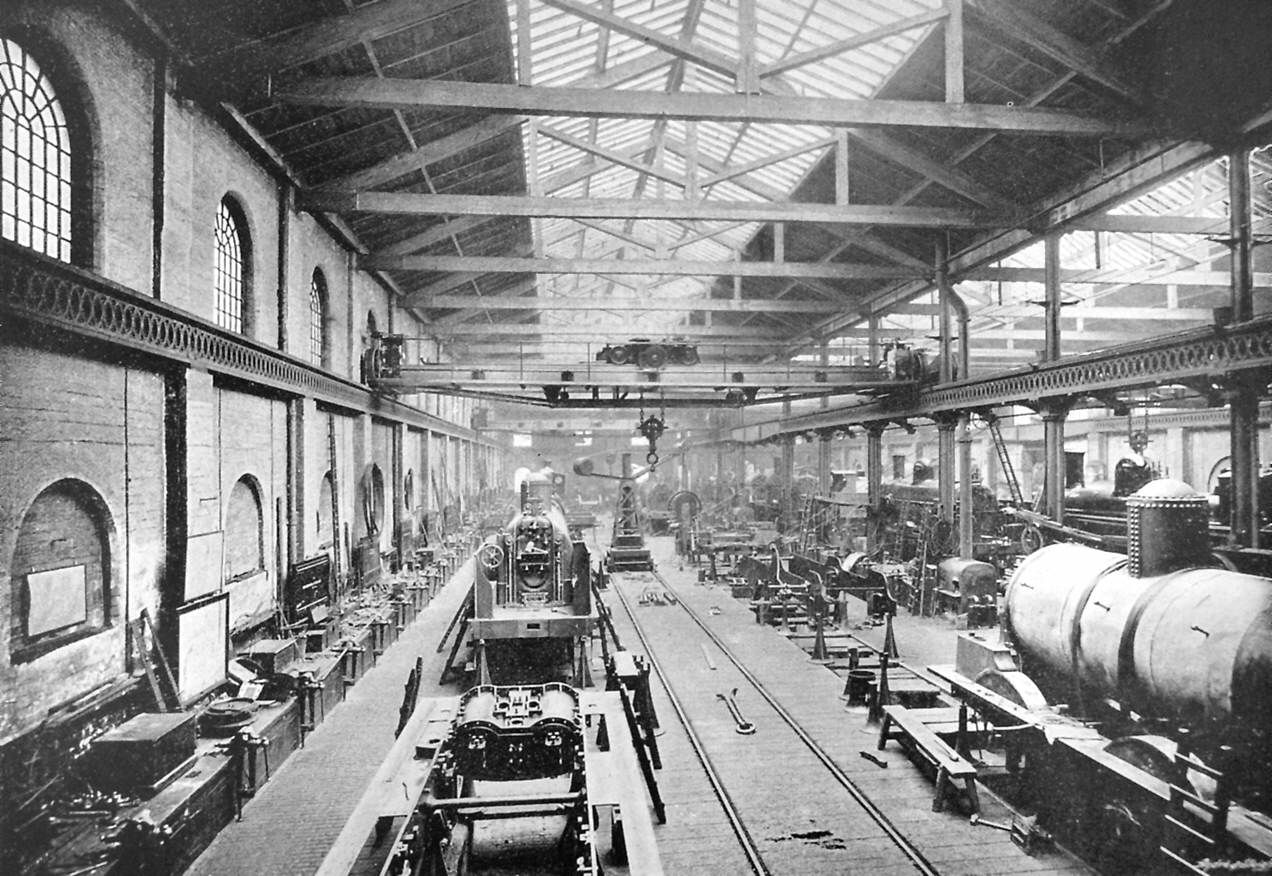Occupy Wall Street protestors, 2011 (credit: Wikimedia Commons)
The idea of democracy evolved until it asserted constitutionally
that the protecting of the rights of every citizen is the most important reason
for its existence. All of this came about from the melding of Christian respect
for the value of every single human being, Roman respect for order and
discipline, and Greek love of the abstract thinking that questions the forces that
be, even those in the physical world. Representative democracy based on
universal suffrage was the logical goal of the Renaissance and Enlightenment world
views when they were applied by human societies to themselves. The Romantic Age
simply showed that the adjusting and fine-tuning takes a while. And it continues.
In the meantime, what of the Enlightenment world
view? Inside the realm of Science, the Enlightenment was still entirely in
place and, in fact, was getting stronger. The Romantic revolt left it untouched,
even invigorated. Science came to be envisioned, by scientists, as the best way
to fix the ills of society.
Under the scientific world view, as Newton and
Laplace had said, all events were to be seen as results of previous events that
had been their causes, and every single event and object became, in an
inescapable way, like a link in a chain that went back to the start of the
universe. The giant universal machine was ticking down in a mechanical way,
like a giant clock.
While the Romantic revolt ran its radical course,
governments, industries, businesses, armies, schools, and nearly all of society’s
other institutions were still quietly being organized along the lines suggested
by the Enlightenment world view. The more workable of the Romantic ideals (e.g. relief for the poor, protection of children) were absorbed into the
Enlightenment worldview as it kept spreading until it reigned, first in the
West, then gradually in more and more of the world.

Crewe locomotive works, England, c. 1890 (credit: Wikimedia Commons)
No comments:
Post a Comment
What are your thoughts now? Comment and I will reply. I promise.